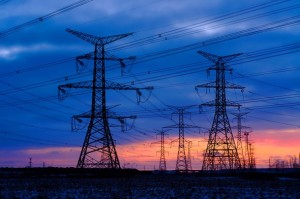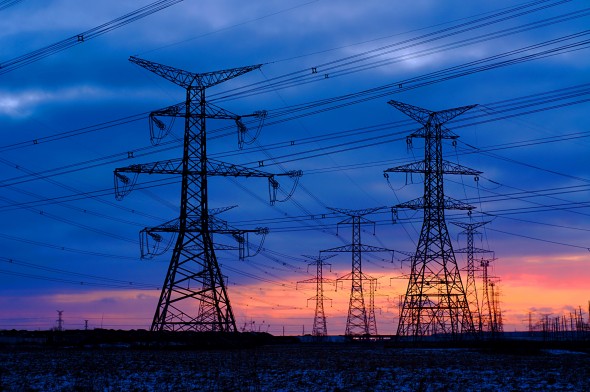
The 5 Dumbest Things in the U.S. Energy Bill
The 5 Dumbest Things in the U.S. Energy Bill
The energy bill passed by Congress contains some landmark initiatives, but it also has several seriously wrongheaded provisions.
The Energy Policy Modernization Act of 2015, which was approved this week by the U.S. Senate and is now headed for reconciliation with the House version, contains a number of landmark provisions. Among them are the permanent reauthorization of the Land and Water Conservation Fund, which uses oil and gas royalties to preserve undeveloped areas and historic and cultural sites, and the creation of a Department of Energy program to harness resources from the private sector, academia, and the government to develop advanced nuclear reactors.
But like any big bill that’s the result of bipartisan compromise, it also includes some pork. These five items, which range from the wrongheaded to the purely wasteful, aren’t likely to help the country move forward on energy anytime soon.
Clean coal: Driven by West Virginia senator Joe Manchin, the Act and its amendments include several measures to promote more research on carbon capture and storage and to “establish a comprehensive program dedicated to clean coal technological innovation through research, development, and implementation.” The government has already poured billions of dollars into so-called clean coal projects, including the ill-fated FutureGen plant, with basically nothing to show for it. Prolonging the life of the 20th century coal industry is a misguided goal if America is ever going to create a 21st century energy system.

Grid modernization: The Senate bill authorizes an “Interagency Rapid Response Team on Transmission” that would “expedite and improve the permitting process for electric transmission infrastructure.” It also includes various other lofty-sounding initiatives to improve and enhance the nation’s electricity grid, which is badly in need of improvements that would integrate rapidly spreading renewable resources. But that’s a trillion-dollar project, on the scale of the building of the interstate highway system. An “interagency rapid response team”—which will include representatives from the Advisory Council on Historic Preservation, among many other federal agencies—is woefully inadequate for such an ambitious task.
Burning biomass: The most controversial amendment to the bill designates the burning of trees for power generation as “carbon neutral,” on the theory that growing new trees offsets the CO2 released by burning old ones. That claim has been refuted by many scientists (growing new trees takes decades; burning wood in a power plant releases greenhouse gases immediately). Leaving aside the fact that the creation of an economically viable biomass industry will take decades, if it ever happens, this amendment is based on junk science.
Net metering: Net metering—compensating owners of solar arrays for excess power they return to the grid—has become a controversial issue as states have started cutting back on the practice. The bill acknowledges this, but rather than actually crafting a national policy on net metering, it calls for a federal report on the issue. There are many, many state reports on the issues surrounding net metering, most of which conclude that it benefits not only solar owners, but also non-solar households and the utilities. The last thing we need is a yet another new report.
Natural gas exports: In a major victory for fossil-fuel companies, the bill would expedite the permitting of large coastal terminals for the export of liquefied natural gas to Europe and Asia. Environmentalists loathe the push to export gas because it will promote more production using fracking, and because many believe that it could raise energy prices in the U.S. Leaving those considerations aside, there is evidence that the scramble to ship LNG overseas is based on inflated estimates of demand. The current policy around approving natural gas exports is slow and methodical, and that’s best left in place.
(Read more: “Suddenly, the Solar Boom Is Starting to Look Like a Bubble,” “Carbon Sequestration: Too Little, Too Late?”)

Leave a Reply